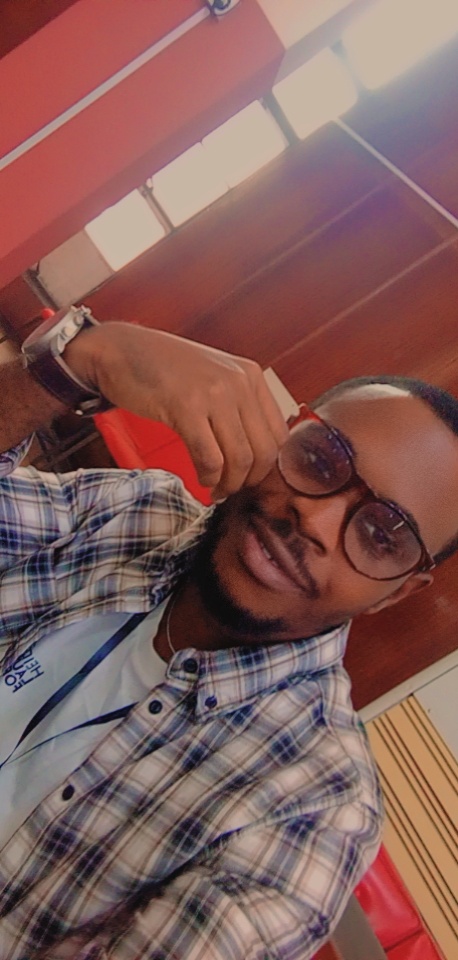By Hussaini Garba Mohammed, in Heidelberg, Germany
Relocating is a common experience for many young scientists. Researchers can broaden their scientific expertise, discuss new ideas, and create meaningful relationships and collaborations by moving abroad, or staying in their own country to contribute more for the scientific ideas, tracking the movement of early-stage of young researchers around the world would create a complex network joining the most diverse places, connecting the researchers to the old laureate.
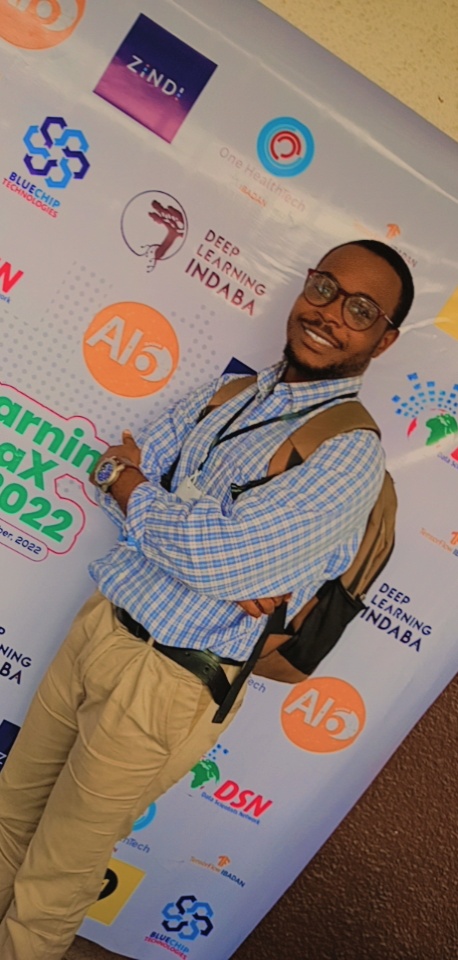
Can you please introduce yourself and how you where been selected among the young researchers to be at this wonderful event HLF 2022 to us?
Hello, I am Francis-Alfred Michaelangelo Ifeanyichukwu. I am a Machine learning engineer and research scientist (Multi Modal Machine Learning). I am also one of the thousands of wonderful souls that the educational system has tied down in final year (a 500-level student of the Computer Engineering department in The Federal University of Technology, Akure) but it’s all good – we still remain actively engaged nonetheless.
Uhm, I was really amazed when I received my acceptance mail in fact, up until my flight left the shores of Nigeria on the 16th, it felt like a dream. It all happened fast but I would say that “actively raising that flag of I LOVE RESEARCH” helped a lot. People see things and consistency makes them remember. I got the hlf’22 link from different people and one even ensured I applied. It didn’t really require much application document. But I am sure all applications were critically screened before acceptance.
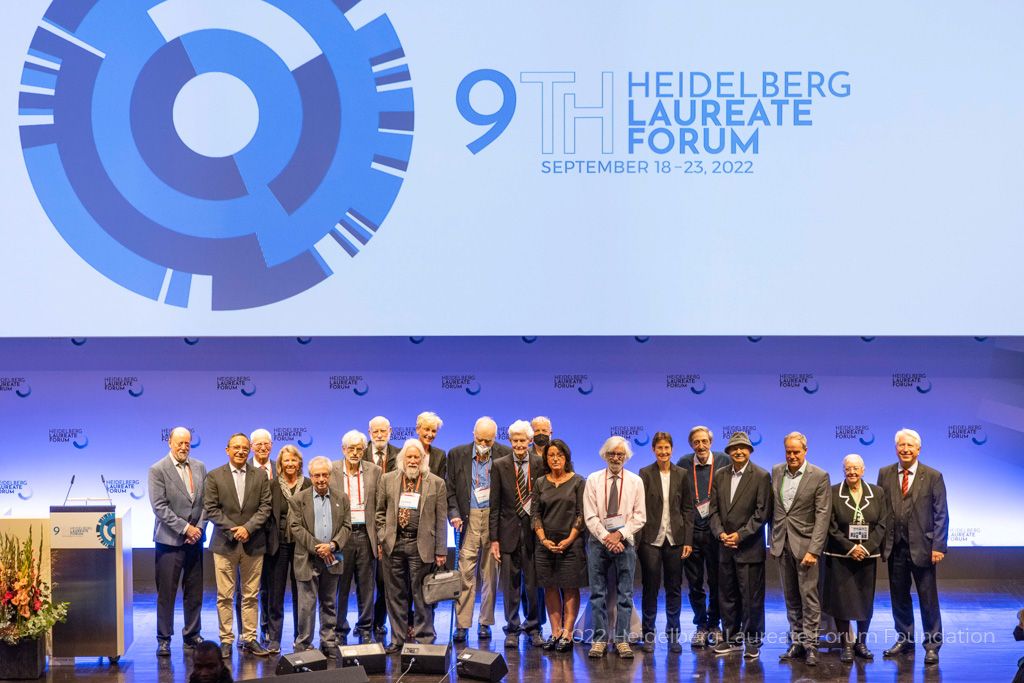
Could you tell me about your area of expertise and your recent research activities in your country and abroad?
Like I already said, I am a Machine Learning Engineer and this area is all about independent learning for machines and computers, often times it would be via data availability, without being explicitly programmed to do so. Traditional way to teach a machine to identify a cat would most likely say:
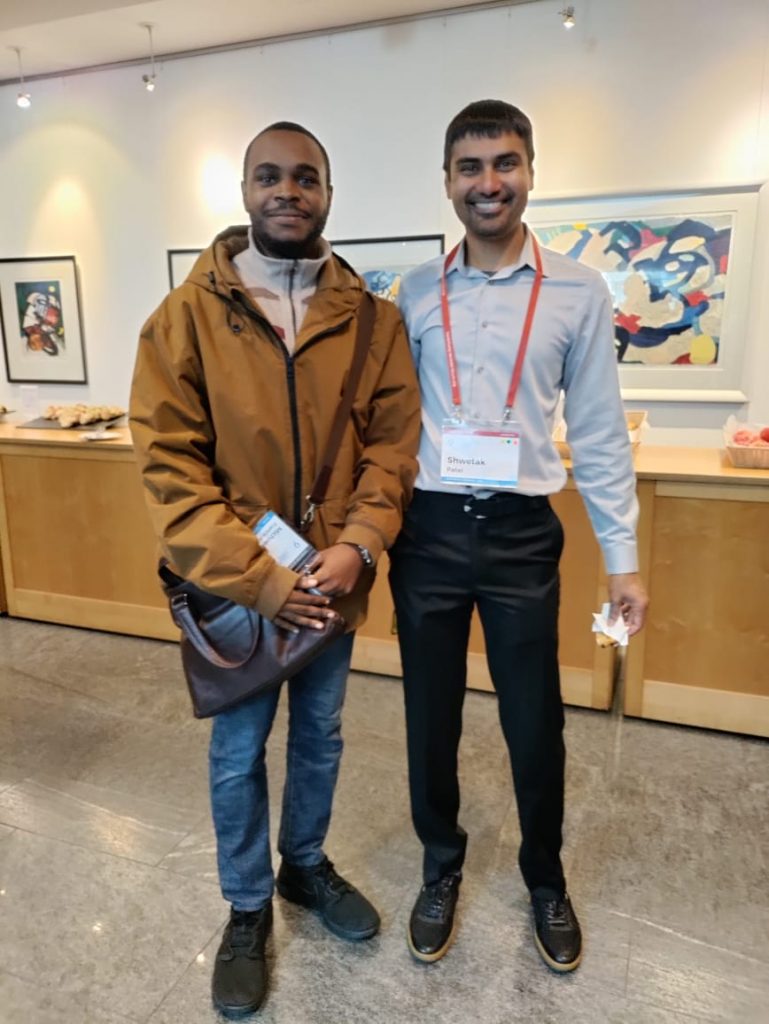
If picture has whiskers, a tail and claws:
Then call it a cat.
Else:
It is not a cat.
But the world has gone way past that with the emergence of big data. So, machine learning just helps us feed multiple images of different animals for the algorithm to take its time learning and understanding the different animals and different attributes that makes them what they are, so that they can identify such in another occasion.
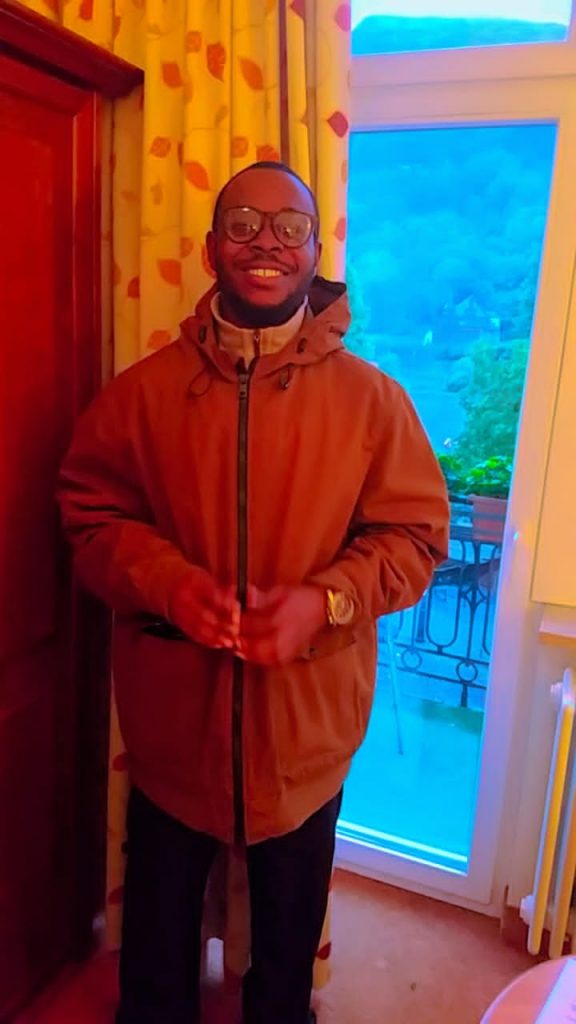
Presently, my research focus has been on applying machine learning to the telecommunications and networking sector in Nigeria. I am on 2 individual research works, with collaborators too. One is to figure out ways to safeguard networks from machine learning improved attacks. Great technologies are good or bad but depending on what they are used for, same with machine learning. So, in cases where machine learning poses a threat to a network, what kind of shield can we use against such.
The other is to use machine learning to analyze Quality of Service (QoS) being provided by the Network Service Providers (NSPs) in Nigeria. The information we gather from this analysis can be used to improve users network usage by predicting the most preferred NSP in a location within Nigeria.
What are the benefits of performing research at the younger age? What did you not expect?
As a young researcher myself, one benefit I can think of is that the earlier I start to face problems in my field, the better because “A Problem encountered once, becomes Less of a problem next time”.
There are also lots of questions left unanswered to in research and young ins have the time, curiosity and brainpower to pursue such questions till the end. To me, the only big thing that the older generation of research have over us, is experience. This leads me to the third benefit we have as young researchers now: lots of materials to consult. Years long and experience filled papers to learn from. The resources are readily available too.
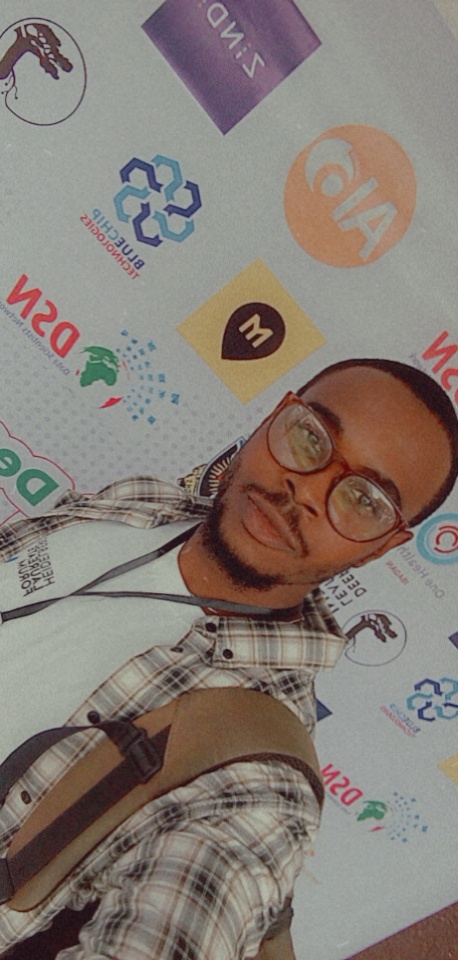
What I did not expect would be the realization on how far left behind the Nigerian research community is. I mean, I know we are trying and we are doing too. But until I started, I thought we were a little gap behind.
How many on-going projects you are working on that will help you to a higher level?
The two research projects I have talked about stand to be solid works. Attending the HLF’22 is also a project which has shown promises. I am also actively shooting for a PhD in research and I am optimistic about that. The HLF’22 also gave me the opportunity to speak with the ACM President @Yannis Ioannidis on how we can grow the computer science research community in Nigeria. I am also optimistic about that and I hope it bears good fruits.
As a computational scientist or Mathematicians, you are not tied to a physical location to carry out your research. Do you find working alone like this challenging?
Not at all. I love collaborating and technological advancements has ensured broad level of that collaboration without physical presence. It all still feels the same to me. In some cases, it is important that we are physically together (like during data collection etc). Any factor that fights against our coming together can be challenging in that sense then.
How many countries have you travel to carry out your research or attended an international conference in in the last 5 years?
I am relatively new to the research community and this is my first one yet. But now that I am here, I am sure I get to pass through more opportunities. Both in research and conferences. There are a lot of them out there and I am exploring.
Do you have any tip for those who are now thinking about a career in scientific research?
Be sure that you want this.
Start early (cos it’s a fast train that’s not waiting).
Learn Fast.
Collaborate.
And let passion drive you.
Thank You
